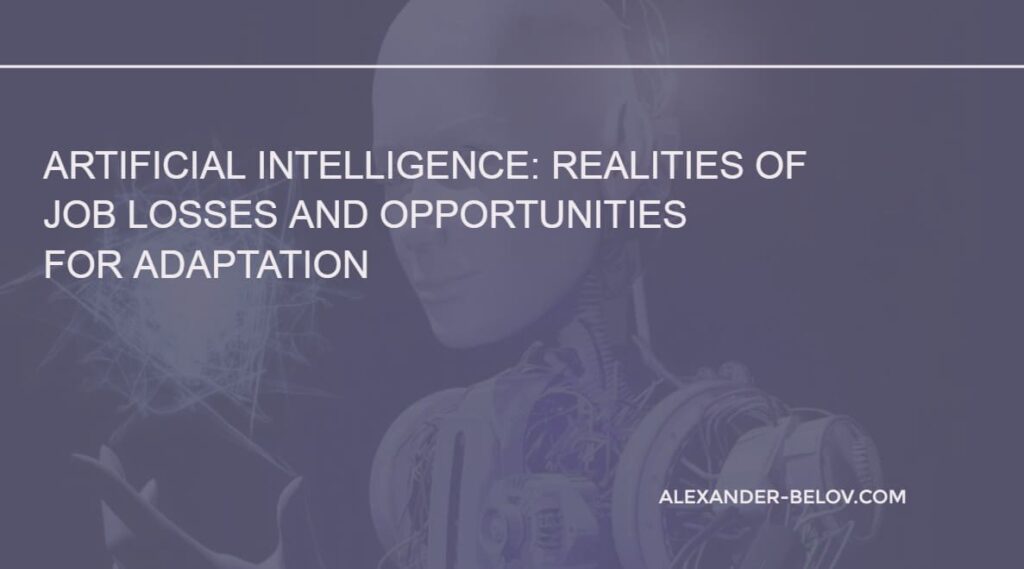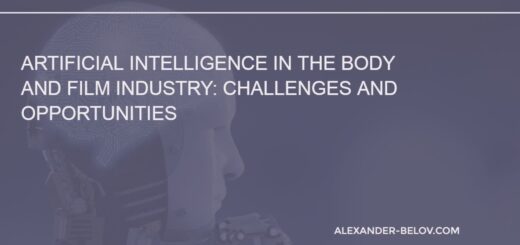Artificial Intelligence: Realities of Job Losses and Opportunities for Adaptation
Artificial intelligence (AI) has become an integral part of modern industry, but its usage raises concerns and challenges for traditional professions and specializations. For example, in China, artists are losing their jobs en masse due to the implementation of AI image generators in the gaming industry. Game developers prefer using AI technology, which allows them to create high-quality illustrations in a matter of seconds. This leads to a sharp reduction in job vacancies for illustrators in China, decreasing their demand and putting them at a disadvantage.

However, the gaming industry is not the only one where AI is starting to replace traditional workers. Chinese company Bluefocus, specializing in marketing, plans to replace its copywriters and graphic designers with generative AI models. This is causing anxiety among professionals in these fields, as modern AI technologies lead to job losses and create unfair competition from automated systems. Even financial analysts are at risk, as Bloomberg introduced the language model BloombergGPT, capable of automating the creation of financial and analytical products.
The use of AI in various industries exposes vulnerabilities in traditional professions and specializations that were previously considered protected from automation. This forces workers to adapt to new realities and learn new skills to preserve their positions. However, the use of AI can also have positive consequences. It can lead to more efficient use of resources, improved quality of work, and cost reduction. This can contribute to increased productivity and overall socio-economic development.
Furthermore, AI can enhance human capabilities rather than entirely replacing them. By taking on everyday tasks, AI allows workers to focus on creative and strategic thinking, problem-solving, and relationship-building – areas where human skills excel. This shift can lead to the creation of new professions that require emotional intelligence, critical thinking, and adaptability. Therefore, instead of worrying about job cuts, it is important to consider AI as a catalyst for upskilling and transitioning to new positions related to AI.
However, it is important to find a balance between the use of new technologies and preserving jobs. Equal opportunities need to be provided for everyone to successfully adapt to new technologies and have access to employment. It is also important to consider the social and economic consequences of AI implementation in order to minimize negative outcomes and maximize its positive contribution to society.
So, while artificial intelligence can be a cheap workforce in certain fields, it also poses a threat to traditional professions. Workers must be prepared to adapt and develop their skills in order to survive and thrive in the new conditions. However, it is equally important to ensure equal opportunities and a balance between the use of AI and preserving jobs so that society can reap the maximum benefits from this new technology.



